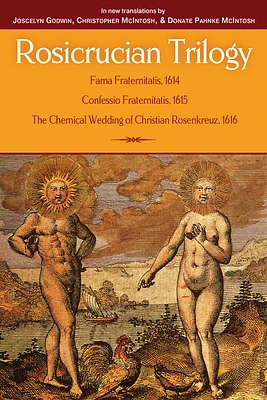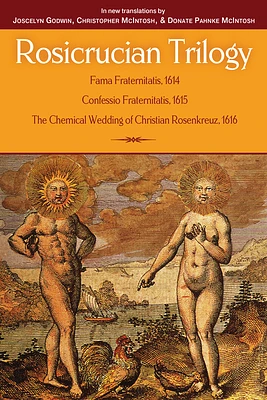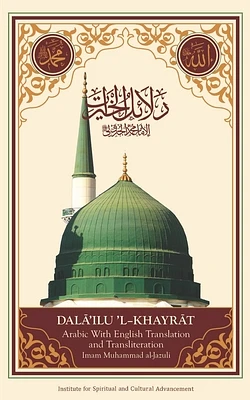Home
Hugo Grotius's Remonstrantieof 1615: Facsimile, Transliteration, Modern Translations and Analysis
Loading Inventory...
Barnes and Noble
Hugo Grotius's Remonstrantieof 1615: Facsimile, Transliteration, Modern Translations and Analysis
Current price: $112.00


Barnes and Noble
Hugo Grotius's Remonstrantieof 1615: Facsimile, Transliteration, Modern Translations and Analysis
Current price: $112.00
Loading Inventory...
Size: OS
*Product Information may vary - to confirm product availability, pricing, and additional information please contact Barnes and Noble
Grotius wrote the
Remonstrantie
around 1615 at the request of the States of Holland, to define the conditions under which Jews were to be admitted to the Dutch Republic. At that time, he was already an internationally recognized legal expert in civic and canonic law. The position taken by Grotius with respect to the admission of the Jews was strongly connected with the religious and political tensions existing in the Dutch Republic of the early 17th century. The
shows how Grotius’s views evolved within the confines of the philosophical and religious concepts of his time. It is an example of tolerance within political limits, analyzed by the author David Kromhout and made accessible through a modern translation.
Remonstrantie
around 1615 at the request of the States of Holland, to define the conditions under which Jews were to be admitted to the Dutch Republic. At that time, he was already an internationally recognized legal expert in civic and canonic law. The position taken by Grotius with respect to the admission of the Jews was strongly connected with the religious and political tensions existing in the Dutch Republic of the early 17th century. The
shows how Grotius’s views evolved within the confines of the philosophical and religious concepts of his time. It is an example of tolerance within political limits, analyzed by the author David Kromhout and made accessible through a modern translation.

















